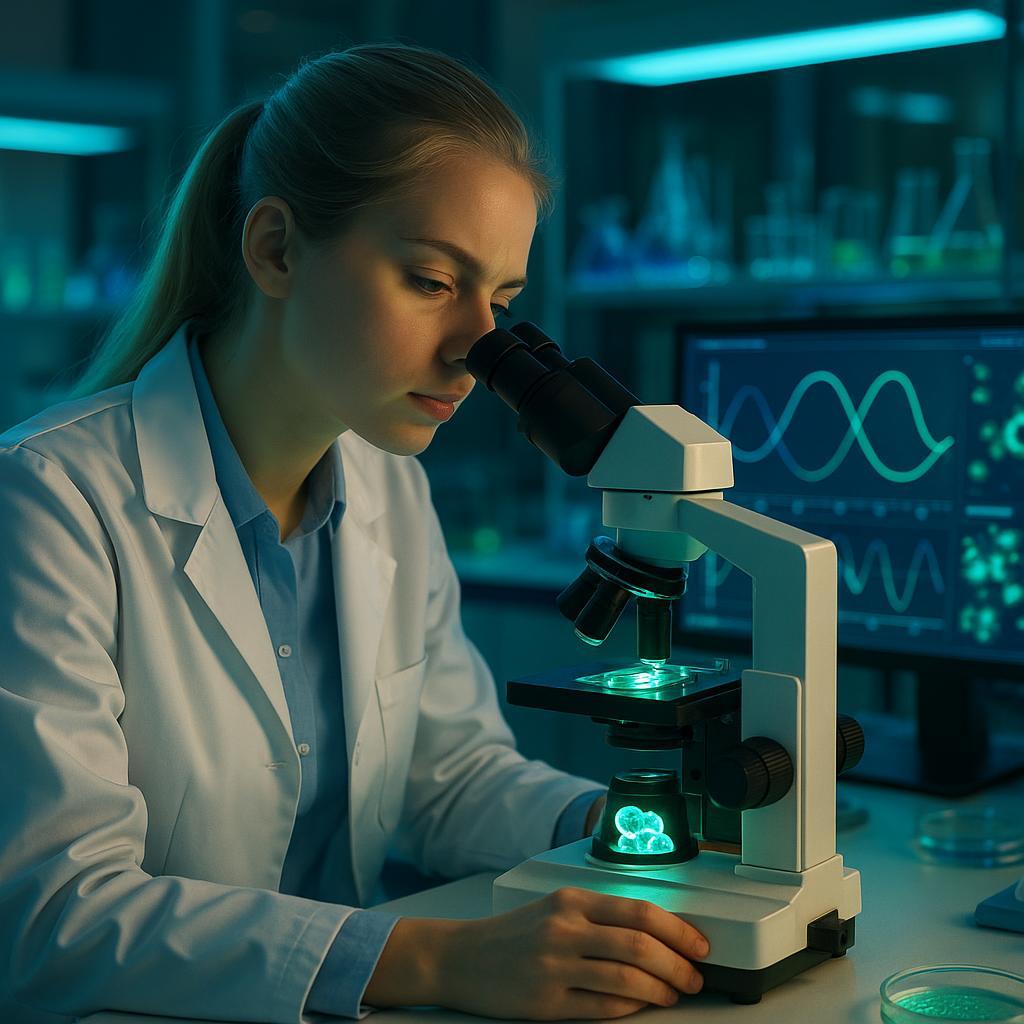Artificial Cells Engineered to Maintain Perfect 24-Hour Rhythm
Researchers at UC Merced have engineered artificial cells that can keep perfect time, mimicking the 24-hour biological clocks found in living organisms. This breakthrough study, published in Nature Communications on July 29, 2025, reveals that synthetic vesicles loaded with core clock proteins can glow in a regular 24-hour rhythm for at least four days.
The team, spearheaded by Professor Anand Bala Subramaniam and Professor Andy LiWang, successfully reconstructed circadian machinery from cyanobacteria inside tiny vesicles. These artificial cells pulsed with a steady daily rhythm when one of the proteins was tagged with a fluorescent marker. However, when protein numbers were reduced or vesicles made smaller, the rhythmic glow ceased to follow a reproducible pattern.
Through a computational model, the researchers discovered that higher concentrations of clock proteins create more robust timekeeping. This enables thousands of vesicles to maintain reliable rhythms despite protein variations. “This study shows that we can dissect and understand the core principles of biological timekeeping using simplified, synthetic systems“, said Subramaniam.
The implications of this research are vast, opening new possibilities for synthetic biology applications. These range from self-regulating therapeutics to biological machines that operate on timed schedules.
Source: https://news.ucmerced.edu/news/2025/tiny-artificial-cells-can-keep-time-study-finds

